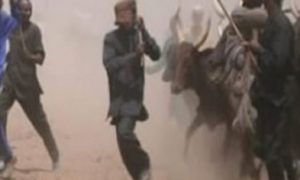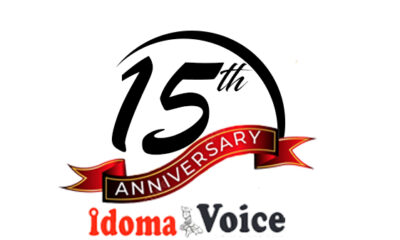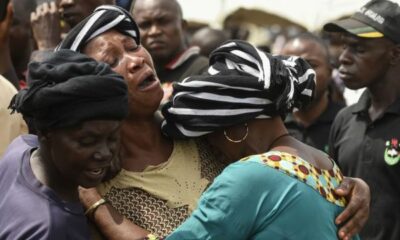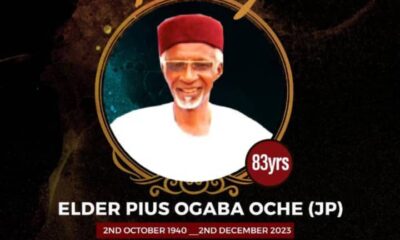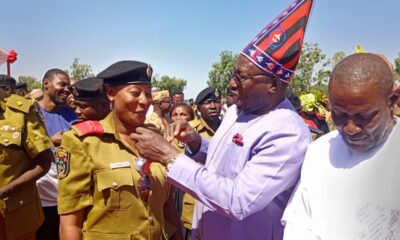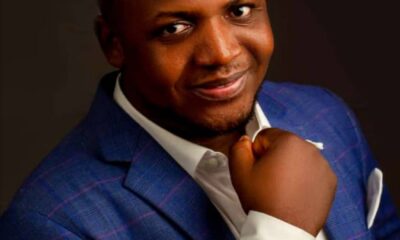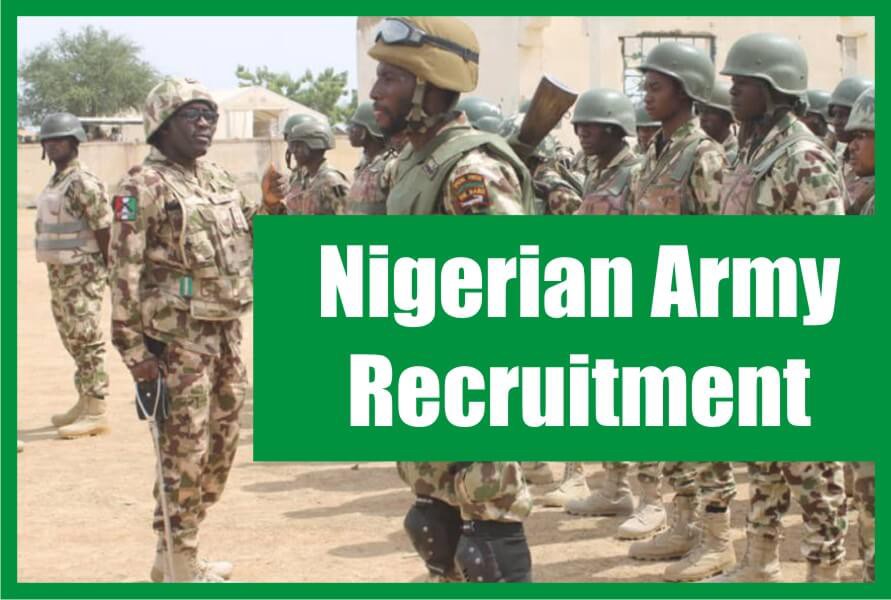idoma news
Adama J Adama: The young agroprenuer changing Idoma community with Project Otalaka
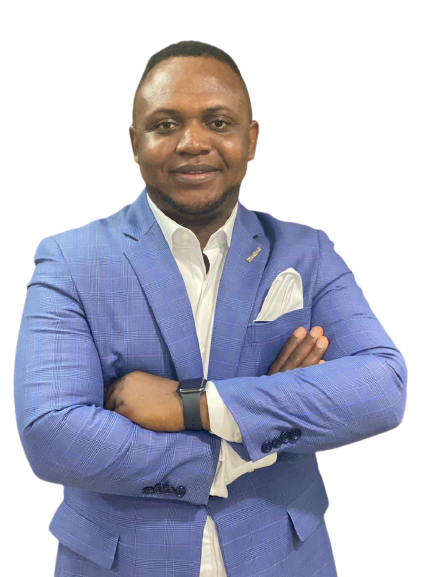
Permit me to make an allusion to the Yoruba myth of creation, with a particular emphasis on Oduduwa who took it upon himself to continue with the creation work as instructed by the sky God, Olorun, after his master Obatala got drunk and fashioned many imperfect and deformed beings.
As opposed to his master’s ill, corrupt, greedy and self-centered humans, Oduduwa went on to create the kind, selfless, honest and beautiful hearted people. Adama J Adama, CEO of Farm4Me, and initiator of Project Otalaka, belongs to this league of selfless, disciplined and honest beings of pristine humanity.
Recently, IDOMA VOICE team sat with the Benue-born agro-industrialist and philanthropist to discuss his life saving agro-investment initiative, Farm4Me, and the Project Otalaka.
Here are the extracts from the inclusive interview:
HOW IT ALL STARTED
First and foremost, I grew up in the village; it was at the age of 16 that I left. My 17th birthday, so I understand the plight of our people.
I had neighbors that barely could feed.
During the rainy season they could sit down and eat okoho with just pepper and salt and ona-ibe.
I saw the pain, I saw people wake up early in the morning to farm and then spend months with family and nothing will come out than to remain poor and wretched.
My parents, who were barely an average set of people, were seen as rich people. Growing up as a child, I felt a point will come when I become an adult; I’m going to help alleviate the suffering of the poor masses.
My dad too contributed greatly because me and my late brother, he always sat us down and said he believes we will be bigger than him and when we become rich we should make sure we do projects for the village. We should put the development of our community as a paramount thing in terms of our priority.
So, it’s been like growing up is such a passion and then eventually, in 2017 I made up my mind that let me step in to lead, if I’m given the opportunity all these things are on my mind I’ll carry them out, and if I’m not, I’ll still go back; whether through business or through politics, whichever way I access resources, let me be able to use those resources to help alleviate the suffering of my people.
The word ‘Otalaka’ is like an alliteration of that word Talakawa in the North, that Hausa word Talakawa means a commoner, the ordinary person, the vulnerable/the poor and the less privileged. That’s the word Otalaka. It was like a project for the poor people, for the common people, that inspired the word Project Otalaka.
THE JOURNEY SO FAR
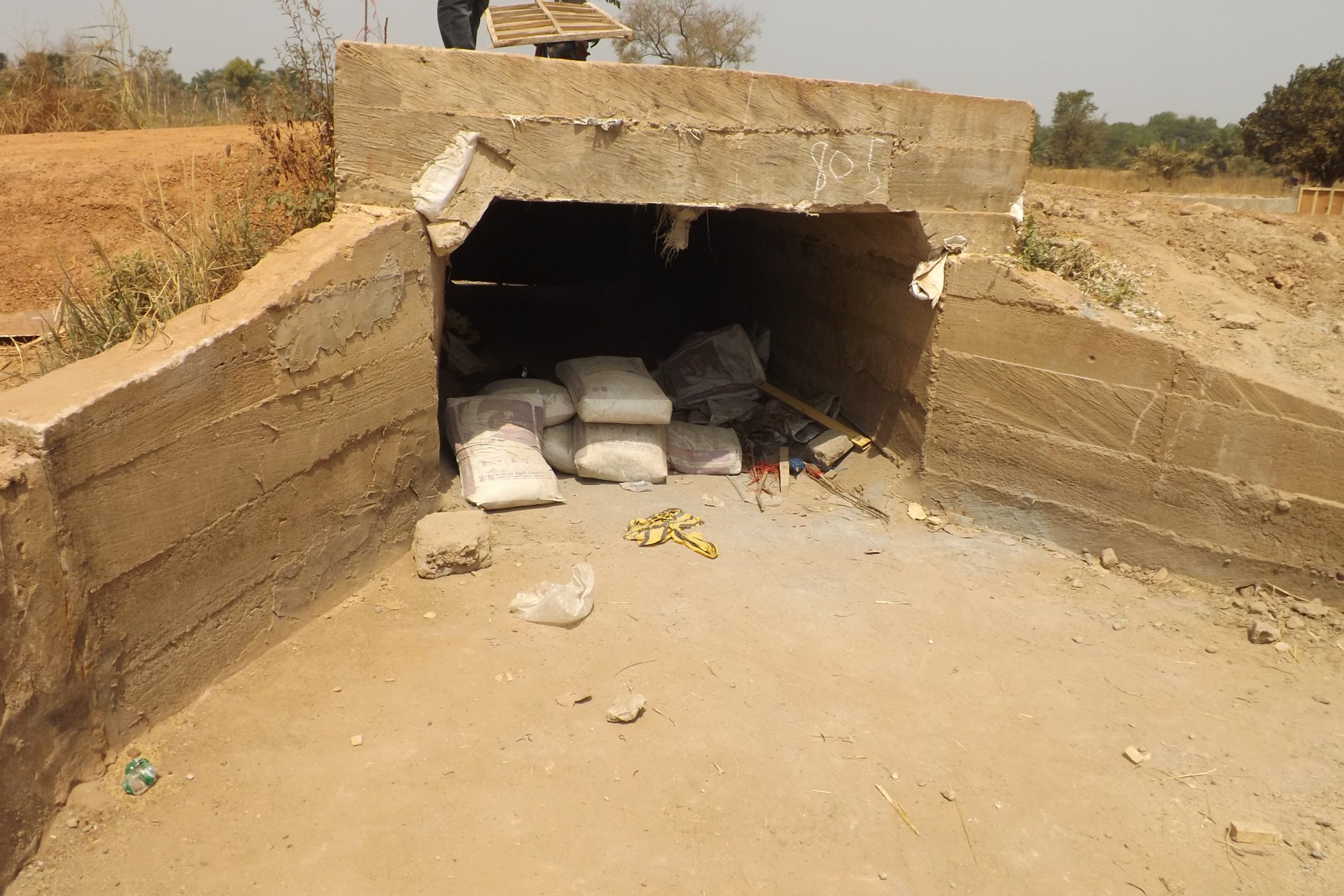
I remember as early as February last year, we took the step of faith by starting with Ijaha. The first project we did was to do a box culvert at Ijaha community; and from that we started extending it to drainage.
It was quite unfortunate that while we were doing it, the rains came and then imagine; you construct drainages and rain will come and sweep it. 1, the timing was wrong. 2, we were not using good materials that’s why the flood was sweeping it but despite all of that, we continued.
I told them, I know my people very well, if you start such a project and stop in-between, they will mock you. So, either it rains or whatever, I’ll continue. So, we did the culvert.
We did drainage from the local government headquarters straight to my village. That was poorly done. We’re working on coming to upgrade that now and if possible as God gives us resources, we can add asphalt from the main express to my village.
We also constructed two culverts at the police station, in Ugbokpo, we did something in the neighborhood like 500 meters drainage on both sides of that Police Road called Area Ipiogo. When we were done from that side, it was a big relief because every year, floods used to come and cover the entire place but after doing that we were able to control the flood.
From, there we went into another thing they call Usman Ogoje Road to Olokwu. Is more than 2km-stretch that we constructed drainages and corvettes, on that road we constructed like four to five culverts there. At a point the site engineer was like, “are you sure we have the capacity to face here,” I said let’s dare it.
He kept asking for money. We have that axis covered now. People that have houses in those areas can live with peace of mind now during the rainy season. We did that.
And then, we did another project behind L.G.E.A Primary School Ugbokpo, that has to be three dimensional drainages with two major culverts connecting the three drainages.
From there, we also did a major flood control project at Adaglama. The Odaglama in question is when it’s raining, all the houses around there get flooded and have been there for years, government has not come to the people’s intervention. Like the Okokulo in Otukpo, people attach mysticism to Adaglama that if anybody dares to do anything there that development will die.
As if there are mystical forces. All these water spirits in that particular place. We dared it/we faced it. Thank God I have an engineer that’s born again, that spirit fled. It wasn’t funny, for him being attacked in the dreams.
Whatever he does water comes to pack it away, whatever he erects. Those drainages we did them like three times before we could finally get the result we got. We have double culverts and the drainages but that took us enough resources because as we were building it was collapsing, strange things but we got that completed.
Now we are at Adija-Ijaha, the one that connects to Ochekwu River. My village is Adija and the next village is Ijaha but most times the people in Ijaha can’t come out during rainy season because of the flood that envelops the whole place. We’ve been able to do 3km of water drainage and some culverts alongside, they are continuing. We have another 1km drainage we have just started after crossing Ochekwu River that has drainages and culverts. We’ve done a culvert in Ijaha town itself.
Our future plan for flood control is to make sure we have at least two culverts in each ward. My people are already complaining that we are focusing on only Ugbokpo ward where I came from, but people have a proverb that says charity begins from home. I’ve told my engineer that after the Ijaha flood control, we will try to cover 10 more wards before rains come.
Project Otalaka is an economic organization standing on its own. Right now, we have a team of young guys who are about our age mates and below who are the ones managing the affairs of that place.
What they do is they give me reports of their needs assessment and advise me what needs to be done. We have the President, Secretary General. We have secretaries for each of the departments, infrastructure secretary, education secretary, agriculture secretary, children and women secretary. Those are the core areas we are focusing on. They are like our thematic areas.
SPORT AND YOUTH DEVELOPMENT

Under sport, we organized the Apa premier league, which was one like the first time in Apa except for any village that doesn’t have a football team. We gave them that equal opportunity provided the kids they need or the sport digest are needed to make you more mobility, provided them all of that.
We gave the winners 1million as a grand prize, the runners-up 500,000, we gave those that made it to quarter final 100,000 each.
After the event we took them to Calabar where they camped with Prince7 Football Club. Goodluck Jonathan’s son in-law’s club.
There, they camped for some days awaiting scout because the scout they were waiting for now got scared to travel from Europe because of COVID-19 , so we suspended them for now but once they are ready to come over, we’ll still bring them back to Calabar for camping.
But what we did after all was that we picked 2 best players from the top clubs and formed them into a club, Otalaka FC.
And our duty is to groom them and keep grooming them, promoting them, and giving them the opportunity they need to become the best they can be. In fact, some of them have the big on their head to use education as an alibi to send them to Europe so that they can continue with their passion.
We have like three or four marked for that. Is going to be a yearly event, like this year we are going to run the Apa Premier League again. Is still going to be the same price and same formula, but this time around it is going to be better in terms of organizational skills, all the lessons we learnt from the first one. That’s for sport.
ELECTRICITY
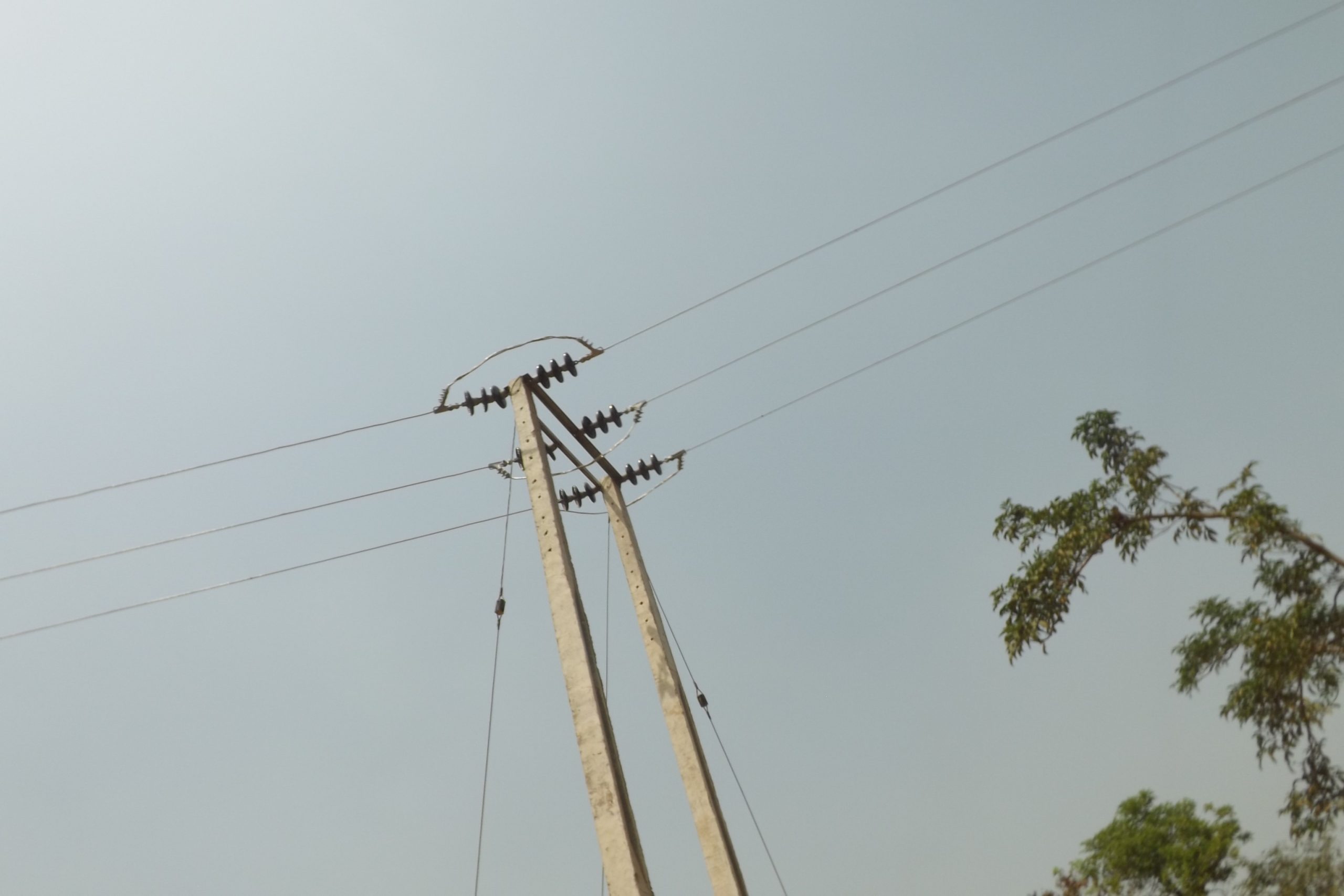
We have extended electricity from Ugbokpo to my village, Adija. We have a project that was really capital intensive. I wouldn’t want to mention the figure but I think we went beyond 6 figures for that particular project.
We’ve done that for infrastructure.
EDUCATION

In education, we were able to distribute notebooks to nursery and primary school pupils across both private and public schools in Apa. We did that. Presently, there’s JAMB and WAEC tutorials that’s on -going. As at the last time I was told they had about 70 people enrolled for free, so they are grooming them so that they can go and write WAEC and pass on their own without doing expo and all of that.
Our goal is that as many that go through the training we will be able to buy their WAEC and JAMB forms for them for free, we have that one going.
The education desk also has in their plan, to organize inter school quiz among nursery and primary schools in Apa and also secondary schools, the winners should also have their grand prize. All we are trying to do is to give them an enabling environment for their best to come out.
We want to see them live out their maximum potential, nurtured dreams. We want to see them live that leverage that life can give them and see how that could take them.
We want them to be bigger than us. Me and those cliques of project Otalaka team, we grew up in that village and God decided to show us mercy not because we had everything. So, it means if you decide to provide them what we couldn’t have they will be better than us, that’s our passion. We have that for education.
WOMEN EMPOWERMENT
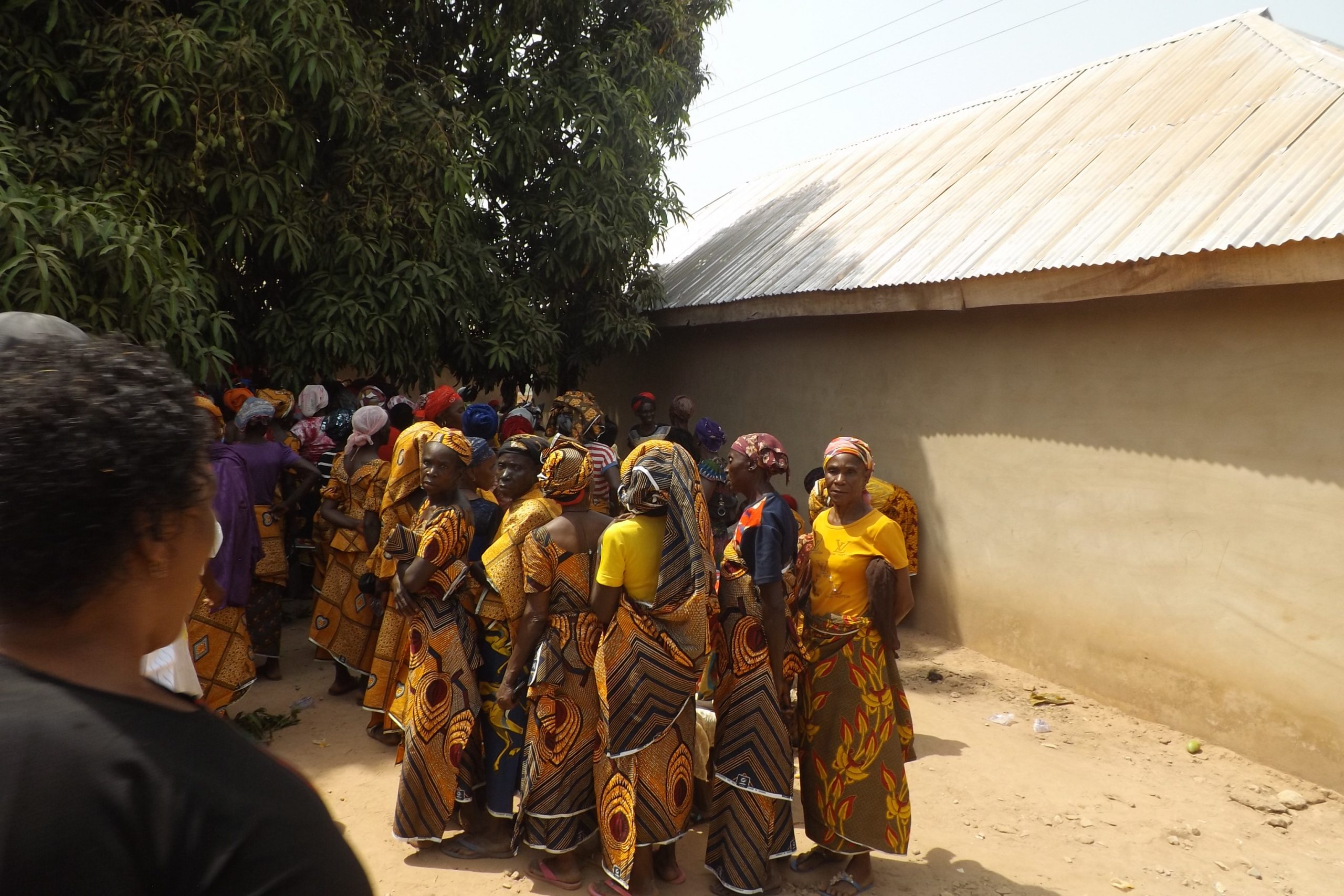
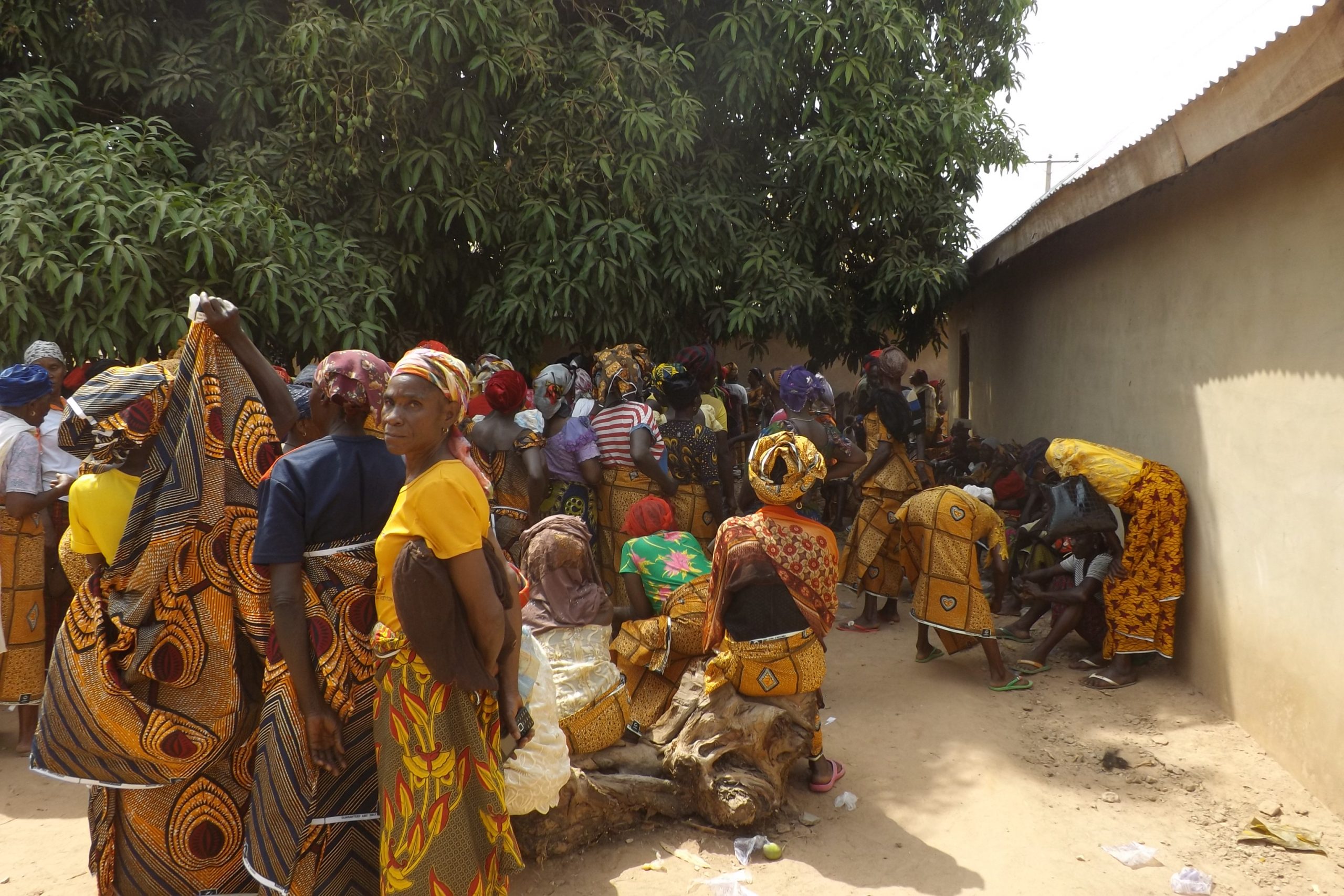
On women empowerment, we have over 2,000 registered widows, because they are still coming every day. I got a report from my mum that there are new windows registering on a daily basis. Until we get to a point when we don’t see them anymore then we can fix a number because what we have now is more than 2,000.
Last year, we were able to give them palliatives, such as rice, magi, money, wrappers. If you’ve been in the village, you will realize that there are a lot of women wearing rags because they can’t afford the fabrics that they can wear. I told my mum how much is hollandaise and she told me the price. What’s the second quality to it, she mentioned for it, we were able to give all of them. That’s what they wore that you saw when you guys were there. Our goal is to be giving them, if I have my way I will prefer it to be monthly, but for sustainability sake every quarter I give them interventions, the thing that will really help them. Part of the plan we have for them is that this year we will give them fertilizers ahead beside it so it can help their farming enterprise.
AGRICULTURE
Agriculture, bulk of our plans for agriculture is for this farming season. We have what we call project Otalaka Youth Funder, where a lot of youths registered with us. I think we have over 1,600 youths registered with us. Our plan is to give them fertilizers and herbicides, so they can use it to farm and help themselves. Even if they don’t want to use it to farm, since it is not cash, they can give it to someone or sell it cheaply to someone and pocket their money. We have that in place for them.
There’s what we call cluster-farming where we can say you guys come together in a group and have one plot of land and we’ll provide you all that you need. All the farm inputs that you need, we even give some money for farm labour because of mechanized farming. Bring tractor to come and plant. And after everything, because we wouldn’t want it to be free for them not to take seriously. You will give us back all that we spent on the farm inputs and then we go ahead to recover that from you and buy up everything. We have what we call post-harvest losses, we want to act as their off-takers, whatever you farm is optional. You can willingly sell it to us as the prevailing market price and then store them in farms for me warehouses across Nigeria.
For now my focus is Apa, I want to use Apa local government as a key study of what is possible. If we are able to transform Apa into a model local government that the basic amenities can be met, it means we can replicate it anywhere in Benue. But once we have achieved some basic essential needs of Apa people, we can now open our hands to Agatu that’s like our brothers. We are also working on the water project. We’ve been worried about a sustainable water project, so we’ve been thinking whether the borehole will work or not, is it sustainable but we made up our mind to build a water plant in Adija.
And half water tankers that will be distributed to the villages that need it. So it’s a project that has gone beyond the research level. We are faced with execution.
To be continued…


